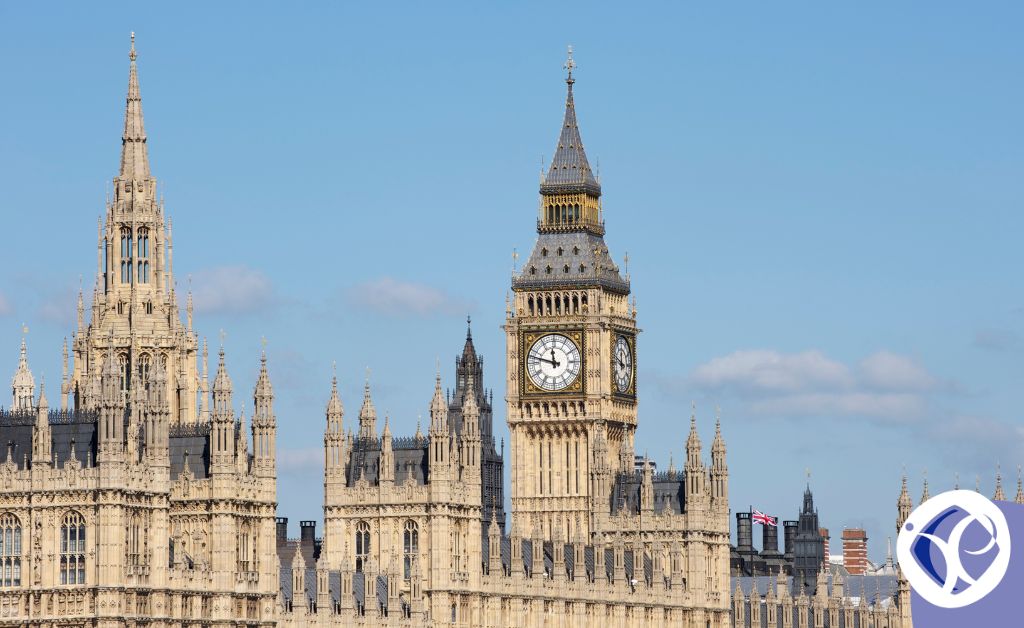Find out how this year’s mini budget affects you.

(5-minute read)
We will cover:
- How the mini budget affects different areas such as stamp duty
- How these measures affect you
What is the mini budget?
It was not a full Budget, the Government insisted, because if it had been the Office for Budget Responsibility (OBR) would have provided its independent economic forecast. It was, Prime Minister Liz Truss insisted, a Fiscal Event.
Others preferred to dub it the mini-budget but, with the range of measures set out by new Chancellor Kwasi Kwarteng, it was anything but mini. So many announcements, in fact, that some were released in advance.
As the Chancellor stood up to deliver his speech, we already knew that April’s National Insurance increase will be reversed from November and that the Health and Social Care Levy put forward by the previous Chancellor will be cancelled through a new Bill introduced this week.
Mr Kwarteng confirmed that funding for health and social care services will be protected and will remain at the same level as if the Levy were in place. Almost 28 million people will keep an extra £330 of their money on average next year, he highlighted, whilst 920,000 businesses are set to save almost £10,000 on average next year thanks to the change.
With the Bank of England deciding to raise the base rate to 2.25%, the highest level for 14 years, and warning that the UK may already be in a recession, the stage was set for the new Chancellor to set out “a new approach for a new era focused on growth”.
And here is a summary of what he announced.
Duty
The planned duty rates increase on beer, wine and spirits is cancelled. Reforms to modernise alcohol duties will also be taken forward and the Government will publish a consultation on these plans.
Employment
The Government will legislate to require unions to put pay offers to a member vote. Global banks should be encouraged to set up in London and the cap on bonuses should therefore be removed together with regulatory reforms to be announced later in the year.
Universal Credit Claimants who earn less than the equivalent of 15 hours a week at National Living Wage rates will be required to meet regularly with their Work Coach and take active steps to increase their earnings or face having their benefits reduced.
Growth
The Chancellor promised to turn the vicious circle of stagnation into a virtuous cycle of growth by reforming the supply side of the economy. The Government’s 40-page Growth Plan 2022 can be found here.
Investment Zones
There are to be around 40 Investment Zones with Tees Valley, Norfolk, South Yorkshire, the West Midlands and Somerset already in talks. The Zones will see relaxed planning rules and reduced business taxes to encourage investment. There will be no stamp duty and no business rates on certain properties. A factsheet on Investment Zones can be found here.
Pensions
The pension charge cap will be lowered to increase investment by pension funds into UK assets. The aim will be to incentivise investment into Britain’s science and tech companies.
Planning
The planning system is failing to help the country to provide the infrastructure it needs, so a new Bill will simplify and streamline the system of reviews. The Government will publish a list of prioritised projects.
The Chancellor pointed out that, in 2021 it took 65% longer to get consent for major infrastructure projects than in 2012, and said that the Government would unpick the complex patchwork of planning restrictions and EU-derived laws that “constrain our growth”.
Stamp Duty
Effective immediately, there will be no duty to pay on the first £250,000 of a house purchase with the sum for first-time buyers raised to £425,000. In addition, the value of the property on which first-time buyers can claim relief will increase from £500,000 to £625,000. A factsheet on Stamp Duty Land Tax can be found here.
The Chancellor also announced that he will further support homebuyers by increasing the disposal of surplus government land to build new homes, increasing supply.
Tax
Next year’s planned increase in corporation tax is cancelled. It had been due to rise from 19% to 25%.
The changes to plans to increase National Insurance will be introduced at the earliest possible date — 6 November 2022.
There will be a single higher rate of tax — 40% — with the additional rate of income tax scrapped. In addition, the basic rate will be cut to 19% in April 2023, one year earlier than planned. This will mean 31 million people getting on average £170 more per year, the Chancellor said.
There will also be VAT-free shopping for overseas visitors.
The 2017 and 2021 reforms to the off-payroll working rules (also known as IR35) will be repealed from 6 April 2023. From this date, Mr Kwarteng said, workers providing their services via an intermediary will once again be responsible for determining their employment status and paying the appropriate amount of tax and National Insurance contributions (NICs).
The Chancellor also announced more relief for businesses by making the £1 million Annual Investment Allowance permanent, rather than letting it return to £200,000 in March 2023. This gives 100% tax relief to businesses on their plant and machinery investments up to the higher £1 million limit.
Coming soon…
In the near future, the Government has said that it will set out further details of plans to speed up digital infrastructure, reform business regulation, increase housing supply, improve the UK’s immigration system, make childcare cheaper, improve farming productivity and back the financial services sector.
Contact us today at 01772 788200 to find out more about how we can help, or WhatsApp us out-of-hours at 07787 010190.
Sending an e-mail is simple too, just fill out the short form below and we’ll get back to you!
Kind regards Ilyas
